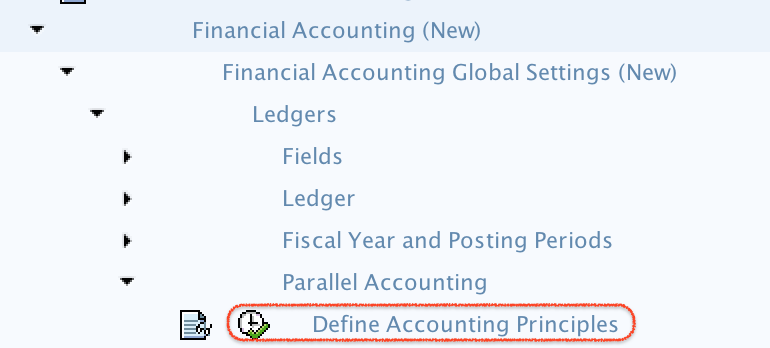
Helps in Choosing the Most Effective Method When you do something in an orderly way, and according to existing rules and principles, detecting a mistake in the process becomes more straightforward.Ĥ. It is easier to figure out and record each transaction efficiently-time spent figuring out what goes where can be used more productively.

Thorough knowledge of rules and principles increases the efficiency of an accountant. It gives an accountant a better perspective in doing their work logically rather than mechanically. It is in the best interest of accountants as it helps keep an organized, functional, accessible, and up to date record of the financial transactions that a company undertakes. The knowledge of a proper accounting theory has its benefits.
ACCOUNTING PRINCIPLES DEFINITIONS PLUS
However, this concept also tells that revenues should be accounted for in the financial statements only in the case that the business comprises the title for those revenues, plus also has already got or will get cash or related assets in the future.

If the accountant feels that the business will not survive in the future, but he does not have enough proof for this opinion, he should share this as a disclaimer in the report.Īs per this concept of the theory of accounting, liabilities should be accounted for in the balance sheet, even in a case, there is only a little chance for such liabilities to take place. In case the accountant finds that the business won’t be functional in the future, he should state the precise reason behind this assumption in the financial report. While managing the accounts of a business, the accountant should assume that the business is viable and will be operational soon. The consistency concept of the theory of accounting must be followed. Your accounting method should only be changed if it is mandatory.įor instance, if an accountant starts using a double-entry accounting method in January, it is essential that he consistently applies that for the additional time of the accounting period. As per this concept, when one accounting method is applied, then the same one ought to be used through all the next periods of accounting purposes.


 0 kommentar(er)
0 kommentar(er)
